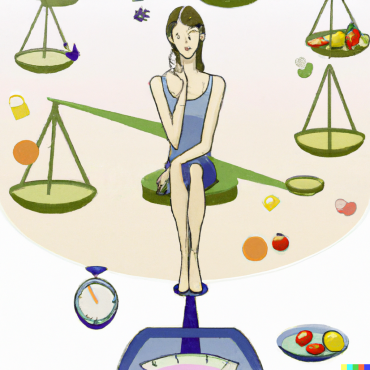What are Food Allergies?
You’ve heard it so often but still don’t know what it means. An allergic reaction to food can affect the skin, the gastrointestinal tract, the respiratory tract, and, in the most serious cases, the cardiovascular system. Example: Peanuts are probably the most-known food allergens. You know the deal: If someone with a peanut allergy accidentally eats them, their throat swells, their body releases large amounts of inflammatory histamine, they go into anaphylactic shock and without immediate medical intervention things can really go out of hands.
Food allergies trigger an antibody called immunoglobulin E (IgE). IgE antibodies are your body’s Navy seals. These guys don’t mess around. They are fast, aggressive and create dramatic action in seconds or minutes after a food triggers an allergic reaction.
The most common food allergy signs and symptoms include:
- Tingling or itching in the mouth
- Hives, itching or eczema
- Swelling of the lips, face, tongue and or other parts of the body
- Abdominal pain, nausea or vomiting
- Dizziness, light headedness or fainting
- Drop in blood pressure
And what is Food intolerance?
Food intolerance or Food sensitivities are not as common as food allergies in the medical world, but they can actually be more damaging because they aren’t as dramatic and can subtly creep up over time in the system.
Unlike a food allergy, a intolerance could take up to 72 hours for symptoms to show. Whereas food allergies trigger IgE antibodies, food sensitivities signal immunoglobulin G (IgG). IgG reactions aren’t as aggressive or dramatic as IgE, but they still fire up your immune system.
Allergic reactions occur swiftly and dramatically. Well, food sensitivity symptoms don’t appear until several hours or even a few days after you’ve eaten. So, for instance, you probably wouldn’t make that link between the egg-white omelet you had for breakfast and a late-afternoon splitting headache.
What symptoms do food sensitivities create?
- Digestive trouble – bloating, gas, constipation, diarrhea
• Sleep issues – fatigue, insomnia, restlessness, awaking during the night
• Congestion, sneezing and coughing
• Muscle aches and joint pain
• Dark circles under your eyes
• Dull, lifeless hair
• Skin problems – acne and rosacea
• Mood problems – lack of focus, brain fog, depression, anxiety or irritability
• Poor or unsteady energy
• Premature aging
• Weight gain or inability to lose weight
If you recognize any of these symptoms, you probably have food intolerances. The most highly reactive foods are: Soy, gluten, dairy, eggs, peanuts, corn and artificial sweeteners/sugar. When you pull these foods off your diet for just three weeks, these symptoms disappear.

























































Comments